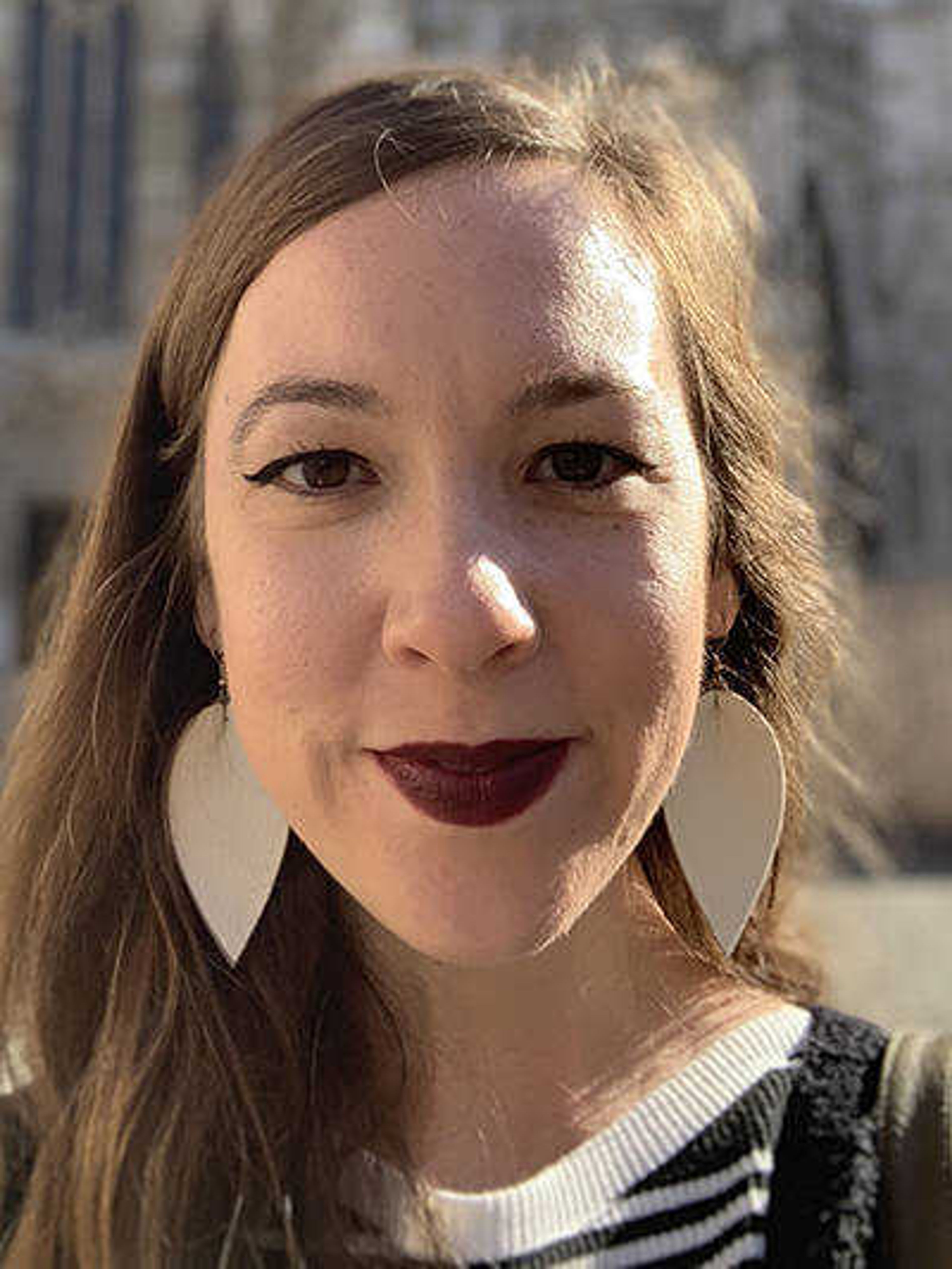Allowing ourselves to be seen
There is something about 1 John 3:2 that resounds in the depths of my longings: "We shall see him as he is." The words "as he is" ring true in me; I want to be seen as I am, I want to see others as they are. I want to see with a holiness that is an act of the present, that accepts something as it is, someone for who they are, at the moment of seeing. It is a foreshadowing of what is to come between me and my God: to someday see him as he is...
There is something about 1 John 3:2 that resounds in the depths of my longings: "We shall see him as he is."
The words "as he is" ring true in me; I want to be seen as I am, I want to see others as they are. I want to see with a holiness that is an act of the present, that accepts something as it is, someone for who they are, at the moment of seeing. It is a foreshadowing of what is to come between me and my God: to someday see him as he is.
My friend Katie recently said something that struck me as wise and true.
She said being open with someone is allowing him or her to know where you're at with something, whether or not he or she is able to accept and return the sentiments and experiences.
Being open is about letting someone see you and then love you or not, because openness is like love in that it doesn't ask for itself back.
After they ate the fruit of the Tree of Knowledge, Adam and Eve were afraid of being seen, afraid of being open to God.
They were their purest form of themselves and were suddenly self-conscious, aware of themselves and that they somehow might not be acceptable.
They hid. They covered themselves. Anything to keep God from seeing their disobedience, but also anything to keep him from seeing their goodness, two parts of who they might truly be.
Allowing ourselves to be seen means allowing others to see God who lives in us. Ironically, in trying to be God by succumbing to the devil's temptation to know of good and evil in the Garden of Eden, Adam and Eve became aware they weren't God, became aware of the separation between themselves and God.
They created self-consciousness, an awareness of our humanity and the idea that this humanity is something to be rejected.
In the Garden of Gethsemane, Jesus overcame the temptation to reject his humanity and the suffering that is a part of this inherited humanity, allowed this broken humanity to be raised on a cross for all to see.
What Eve and Adam lost, Mary and Jesus recover and regain: humanity and divinity become one again through Christ's death and resurrection.
The other day my friend Claire texted me something Father Bill said once: "If you love me, you can say that, but something else means so much more: I see you! Meaning you see my goodness, you see my caring, you see my spirit and it's good. 'I see you' means so much more: that you want me to have a wonderful life, that there is nothing I wouldn't do for you. Love is love, but what I feel for you is so much more. I see you, and you will be fine."
We are free to allow ourselves to be seen; we are free to see. This seeing is an acknowledgment of God in us, of God in others.
Connect with the Southeast Missourian Newsroom:
For corrections to this story or other insights for the editor, click here. To submit a letter to the editor, click here. To learn about the Southeast Missourian’s AI Policy, click here.










